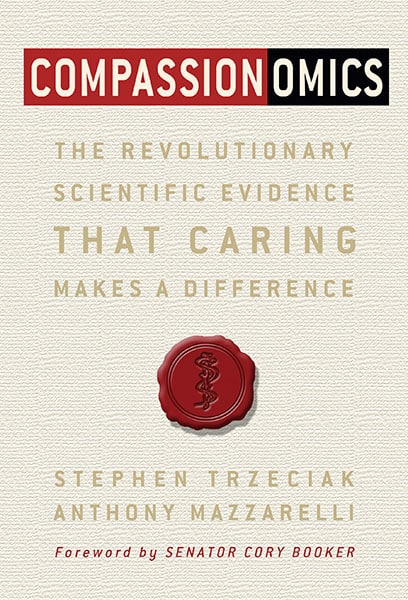The First 90 Days – Sign Up here to begin this free course
The First 90 Days

Day-to-day stress can help you rise to meet challenges. But beyond a certain point, stress stops being helpful and takes its toll when it strikes. Consider the viewpoint of two physician clients. Dr. Lathan, a trauma orthopedic surgeon, expressed ire and hot frustration when his case was unexpectedly delayed for hours, blowing his evening schedule to pieces. Likewise, Dr. Segal was furious her multimillion-dollar, multidisciplinary project was stonewalled by executive indecisiveness. Anger, annoyance, and even outrage are normal emotions against stressful moments. So, if stress isn’t always bad and emotions are healthy, why did Dr. Lathan later regret yelling at the surgery scheduler’s desk? And why did Dr. Segal send an apology email to the senior executive after telling him, “We need you to make a —- decision NOW!”?

It’s not the emotion that gets in the way of our success,
it’s how we respond to the feeling.
From tip #1, you expanded your emotional vocabulary and learned that emotions are data. They are neither good nor bad and are an essential source of valuable information. Emotions focus our attention and motivate us toward a specific course of action. It’s our reaction in emotionally charged situations that sabotage the outcome that we really want. Behavioral self-control is managing your impulsive feelings and distressing emotions well to plan an appropriate response even in trying times. It is keeping disruptive emotions and impulses in check, requiring both self-management and self-regulation. Behavioral self-control is an important tool to have in your doctor bag and it is also crucial in understanding your role as a physician leader. While yelling at the scheduler’s desk or confronting the executive spurs action, what effect does that have? Specifically, what impact does it have on you and your relationships?
Behavioral self-control is not about trying to suppress your emotions. It is about understanding those triggers that generate the emotion in you, recognizing your “knee-jerk” reaction to the trigger, and then planning a better response.
Staying composed, positive, and unflappable, even when provoked, is challenging. It is particularly challenging if you cannot recognize those incidents that trigger you to react impulsively.
Knowing your hot buttons is the first step to providing yourself with the space of mind to choose a response. Take a moment to identify a trigger by answering some key, strategic questions:
- Trigger – What situation causes me to react or to act on impulse? (e.g., traffic, loss of control, etc.)
- Feeling – What do I feel in those situations? (Name the emotion)
- Self-Talk – What do I tell myself during those situations?
- My Reaction – What is my “knee-jerk” reaction to these feelings and my
self-talk? - Damage done – How is my reaction getting in my own way?
- Desired outcome – What do I want to happen?
- Better Response – What do I need to do or say in that moment that will get me to the outcome I want?
You can make a list of all of the triggers you may experience in life, answering the questions above for each trigger. Once you identify a trigger and plan the response, ask yourself, “How will I feel when I choose the better response?” Name that emotion as well and notice how it differs from your immediate emotion. Using this type of framework to create a set of effective response tools will improve your ability to stay focused and think clearly under pressure, and to manage your relationships better.
Tip #3 – Know your “hot buttons.”
Strategy – Be mindful of a trigger that causes a “knee-jerk” reaction and plan a better response.
- Quote – “Anyone can become angry – that is easy. But to be angry with the right person, to the right degree, at the right time, for the right purpose, and in the right way – this is not easy.” ~ Aristotle
- Tip – Know your hot buttons.
- Strategy – Be mindful of a trigger that causes a “knee-jerk” reaction and plan a better response.
Related Articles
First 90 Days Introduction
First 90 Days Lesson 1
First 90 Days Lesson 2
Sign up!
Teresa Dean Malcolm, MD, FACOG, MBA, CPE, CPXP, is zealous in her belief that an exceptional experience in clinical care, the human(e) experience, is achievable through meaningful and authentic relationships with others. She has served in executive positions, integrating people with process and purpose, and successfully aligning the ideas of the team with a compelling vision. Her coaching philosophy, The Malcolm Method, is rooted in trust and supportive accountability. Through thought-provoking conversations, she strives to deepen the awareness of her physician clients and further their actions, thereby helping them to thrive as they lead. Dr. Malcolm (known to her friends and family as Terri) is a loving wife to her husband, Nate. Together they have three charming and athletic boys, Nathaniel, and twins, Roman and Colton.



